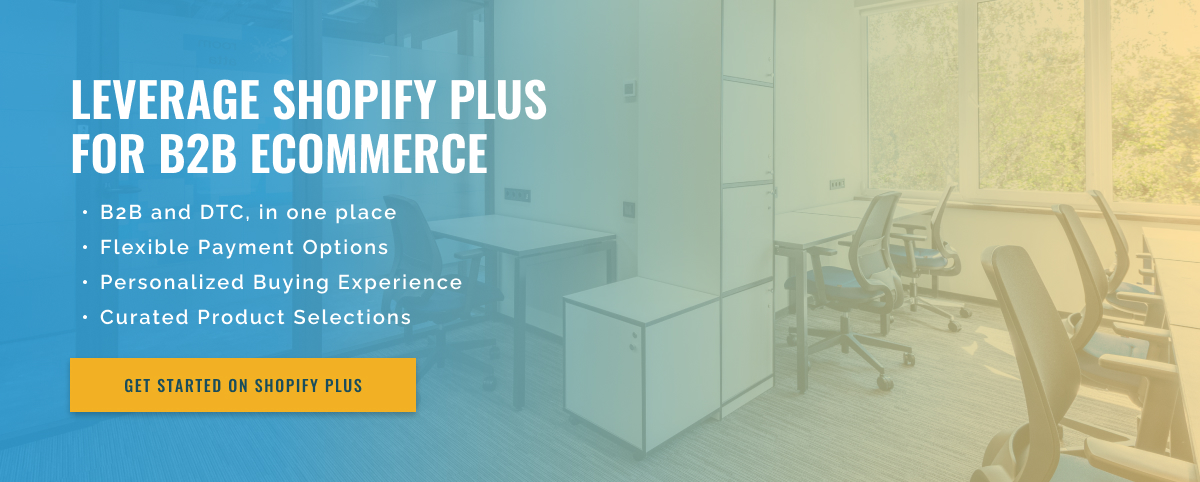3 minute read
Shopify’s Compatibility for Complex B2B Workflows
In today’s digital age, eCommerce has become an essential part of the business world. Businesses of all sizes, including B2B organizations, rely on online platforms to streamline their sales processes. Shopify is a popular eCommerce platform known for its user-friendly interface and reliable features. But can it handle the complex purchasing processes of B2B organizations? Let’s find out.
First, let’s understand what B2B companies need in an eCommerce platform. Unlike B2C companies, B2B companies have a more complicated purchasing process that involves multiple stakeholders, custom pricing, and bulk orders. The system must take this complexity into account, ensuring a seamless shopping experience for its customers. Shopify may not have been designed specifically for B2B companies, but it has evolved to meet their needs. Here’s how.
1. Custom pricing and discount options: B2B organizations typically negotiate prices with their customers, and Shopify allows them to set custom pricing levels for different customers or groups. With the “Discount Policies” feature, companies can offer volume discounts, tiered pricing, or customer-specific discounts, making it easier to implement pricing strategies.
2. Multi-channel sales: B2B companies often have multiple sales channels, such as online, in-store, or through agents. Shopify’s omnichannel selling feature lets you manage all your sales channels through one platform, making it easier to track inventory, orders, and customer data.
3. Third-party software integration: Shopify has an impressive library of apps and integrations that can enhance the platform’s features. B2B companies can integrate ERP systems, accounting software, or CRM tools to further optimize processes.
4. User Access Restrictions: B2B companies often have multiple stakeholders involved in the purchasing process. Shopify’s user restriction feature allows companies to assign employees different roles and control their access to certain areas of the platform.
However, Shopify has some limitations for B2B organizations. For example, the platform does not natively support purchase order (PO) processing. Using third-party applications, this functionality can be added to Shopify.
In summary, while Shopify wasn’t designed exclusively for B2B companies, it has evolved to support their complex shopping workflows. With robust features and the ability to integrate with third-party software, Shopify is a powerful eCommerce platform that meets the needs of B2B companies.

